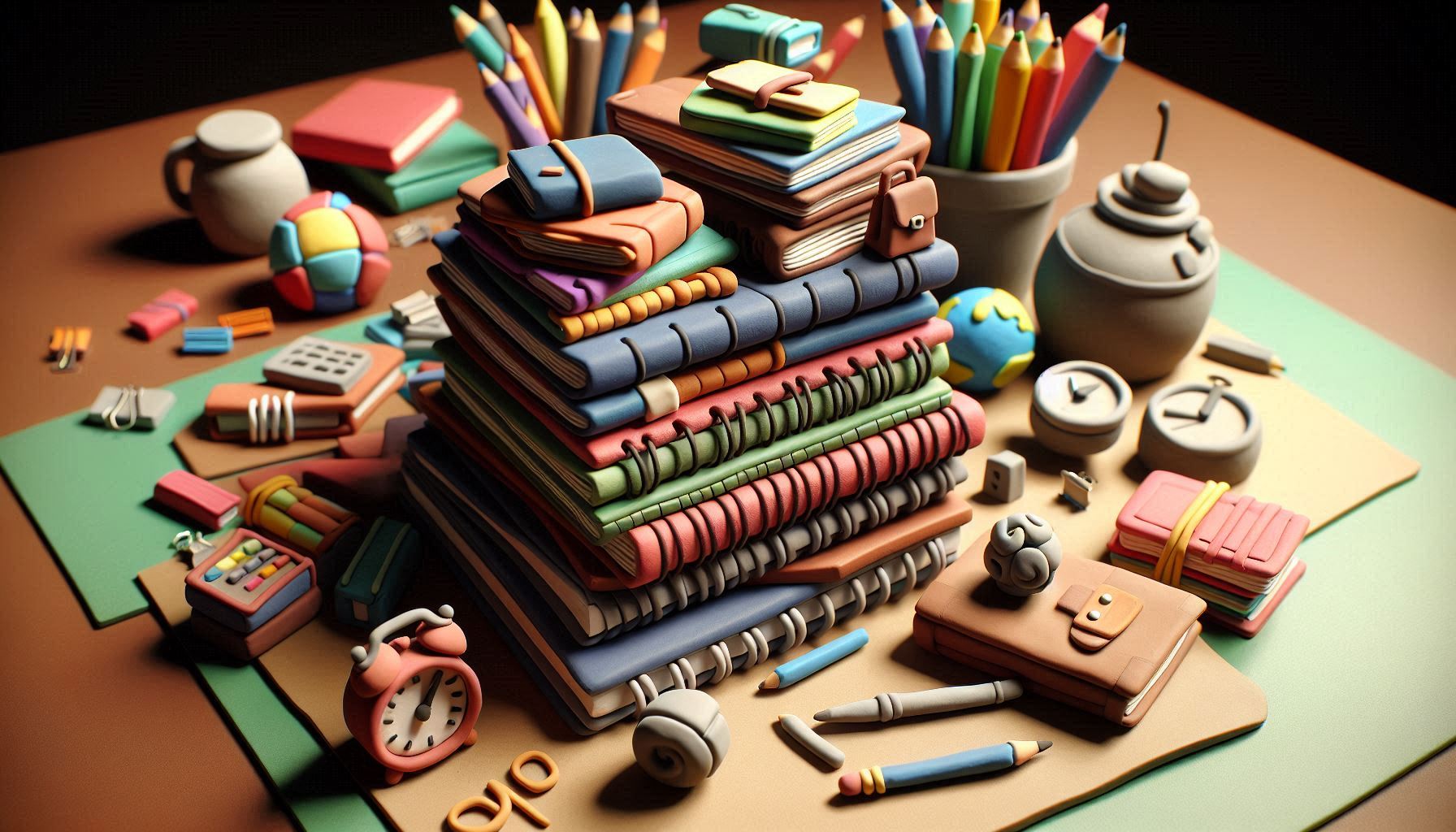As a writer, notebooks can become your best ally. You can write down ideas that occur to you at unexpected moments, keep track of your reading, take advantage of the downtime to plan your novel or shape compelling characters. These are all ways to stay active and creative.
Today, I would like to share my top ten notebooks for writers. I personally use virtual notebooks synchronized in the cloud, making them accessible from any of my devices. Whether you use Evernote for your notes, or prefer the feeling of writing on paper, I hope you find some interesting ideas here.
1. The Reading Log
Reading is a great hobby, but it becomes something else when you want to write your own stories. Studying the work of accomplished authors can help you enhance your own writing skills. Keeping a special reading log for writers will help you maximize the benefits of your reading and, consequently, improve your writing skills.
2. The Dream Journal
This is the typical notebook you leave on your nightstand for jotting down your dreams as soon as you wake up to prevent them from being forgotten. Most days, it will contain useless information, but perhaps amid all those surreal dreams, you will end up finding a spark to start a new story. A dream journal will also help you better understand how the subconscious works and create more realistic dreams for your characters when you need them.
3. The Notebook of Quotes
When you read, you often come across suggestive quotes, right? Write them together in a nice notebook and revisit them for inspiration when starting a new story.


4. The Scrapbook
The scrapbook can be a physical notebook if you enjoy crafting, or a virtual board on platforms like Pinterest, Pocket, or Raindrop. It is a notebook to save images, news, texts, and other clippings that catch your attention for whatever reason, and that can also help you build new stories or research for an idea you already have.
5. Writing Logbook
If you have read other posts than what I have written, you may have realized that I am a bit of a control freak. I love keeping track of almost everything! Analyzing data over time helps me better understand how I work and how to improve. For example, thanks to tracking my writing time, I discovered that I am much more productive in the mornings than in the afternoons, and not the other way around, as I mistakenly believed.
In your writing logbook, you can record your writing sessions and note how many words you have written or scenes you have planned to see your progress. But it can also be interesting to record how you felt that day, how you slept, or any other information that can help you better analyze the bulk of the data in the future.
6. Characters Notebook
This is a special notebook because, in addition to coming up with ideas for new stories, I often come up with interesting characters, even if I don’t yet know which specific story they fit into. Saving these characters in a notebook and even developing a character profile for some is interesting as an exercise to find new stories to write.
🎓 Learn more: How to Write Character Descriptions — Guide and Examples
7. Writing Craft Notebook
If you want to improve your writing, you should not only read fiction or books like the ones you want to write. It is also important to read books about writing craft. Or articles like this. Or literary theory videos. Whatever continues to teach you the mysteries of the writing craft.
But as you already know, what we read and learn can be forgotten over time—unless you have a privileged memory. Making outlines or notes about writing craft and periodically returning to them helps us better internalize what we have learned.
8. Specific Notebooks for Each Story
Whether you are a planner or a pantser, you will find it helpful to have a place to jot down any new ideas that come up when you’re working on a story. You do not want inspiration to catch you off guard and forget that master solution you were looking for for your plot because you did not write it down, right?
I have also found this notebook useful for keeping a sort of version history of my thoughts. I like to write down the entire path my ideas take when I plan a story, so I do not end up going around in circles, or so I can go back to an earlier idea when I think it might work later.
9. Creative Writing Notebook
Apart from my regular writing, I enjoy engaging in automatic, freeform writing for a few minutes as a warm-up before each writing session or to keep my creativity flowing. I like to jot down these exercises in a notebook because they often lead to interesting ideas.
Although in the previous notebooks, I do not mind whether you choose digital or virtual, for this particular notebook, I highly recommend using a physical one. I believe that automatic writing is most effective when done with a pencil and paper.
🎯 Pro Tip: Even if you use paper and pencil for your creative writing, you can use a virtual creative trigger to make your creative writing sessions easier and more enjoyable. For example, the Writing Challenge app provides a daily prompt and a customizable timer to turn each session into a fun and challenging experience.
10. Ideas Notebook
Although it is the last on the list, this should be the first notebook of any writer. Whether it is a small notebook in your pocket, a folder of notes in your notes app, or a project within the Story Planner app as is my case, always have a place on hand to write down any new ideas that arise.
Happy writing, and let the inspiration follow its path!
